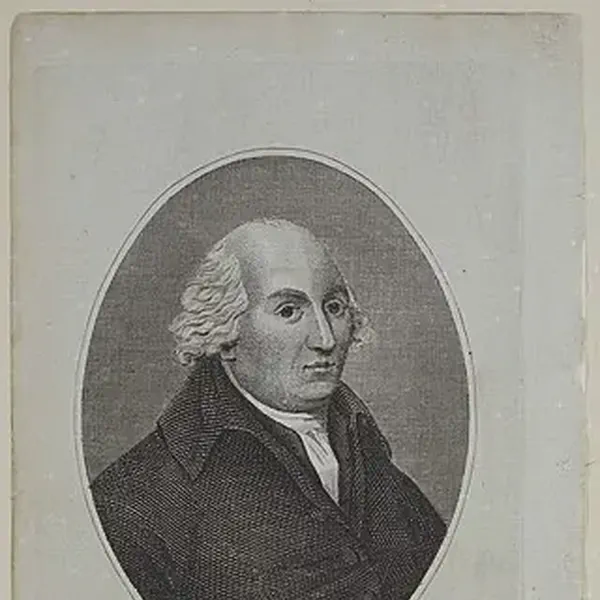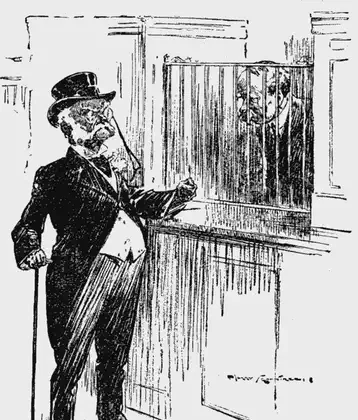On April 30, 1795 in Celtic History
Rev. william jackson, of the united irishmen returns from france, is arrested

The Reverend William Jackson (1737 – 30 April 1795) was a noted Irish preacher, journalist, playwright, and radical. He served first as a preacher and private chaplain of the Church of England before moving into journalism, writing for several newspapers in London across both sides of the political aisle.
Reverend William Jackson was an intriguing figure in Irish history, particularly in the context of the revolutionary fervor that gripped Ireland in the late 18th century. He was a Protestant clergyman who became involved in radical politics, aligning himself with the United Irishmen, a revolutionary group seeking Irish independence from British rule.
Background and Activities
William Jackson was born in Newtownards, County Down, in 1737, but spent much of his early life in England. His involvement with the United Irishmen began after he moved back to Ireland, where he was exposed to and influenced by the ideas of republicanism and independence. His political activities eventually drew him into a broader European context of revolutionary movements.
Mission to France
In the mid-1790s, during a period of heightened political tension and revolutionary activity in Europe, Jackson was sent to France by the United Irishmen. His mission was to seek support from the French revolutionary government for an Irish uprising against British rule. France, having overthrown its own monarchy and established a republic, was seen as a natural ally for Irish republicans.
Arrest and Trial
Upon returning to Ireland in 1794 with plans to coordinate a French-supported insurrection, Jackson was arrested. His arrest was facilitated by an informer within the United Irishmen, Leonard McNally, who had secretly been working for the British authorities. Jackson was charged with treason for his efforts to solicit French support for an Irish rebellion.
Death and Legacy
Jackson’s trial was a significant event, as it highlighted the British government’s determination to suppress revolutionary activities in Ireland. In a dramatic turn of events, Jackson died of poisoning in the courtroom, having taken poison he had concealed about his person, on April 30, 1795, to avoid the ignominy of a public execution.
Jackson’s death underscored the dangerous and high-stakes environment of Irish politics in the late 18th century. It also marked a poignant moment in the history of the United Irishmen, reflecting the severe measures the British authorities were prepared to employ to maintain control over Ireland. Jackson’s involvement and his tragic end continue to be remembered as part of the broader narrative of the struggle for Irish independence, illustrating the international dimensions of the Irish republican movement during this period.
More From This Day

An Comunn Gaidhealach was formally instituted to preserve the Gaelic language
April 30, 1891

Royal Bank invents first overdraft, Wm Hogg overdraws by £1,000 (£66,000 at todays money)
April 30, 1728


Pelagius, champion of Celtic view of Christianity, banned by Roman political enemies in the Church
April 30, 418